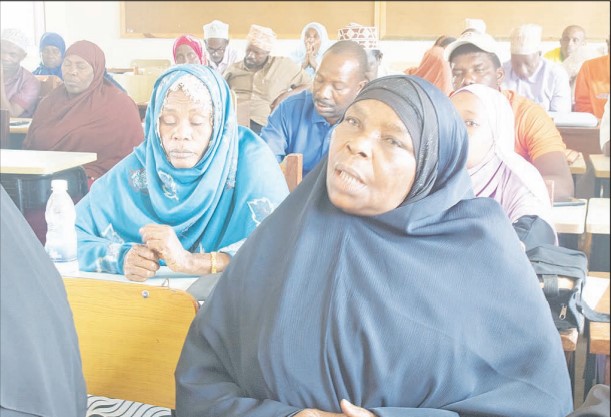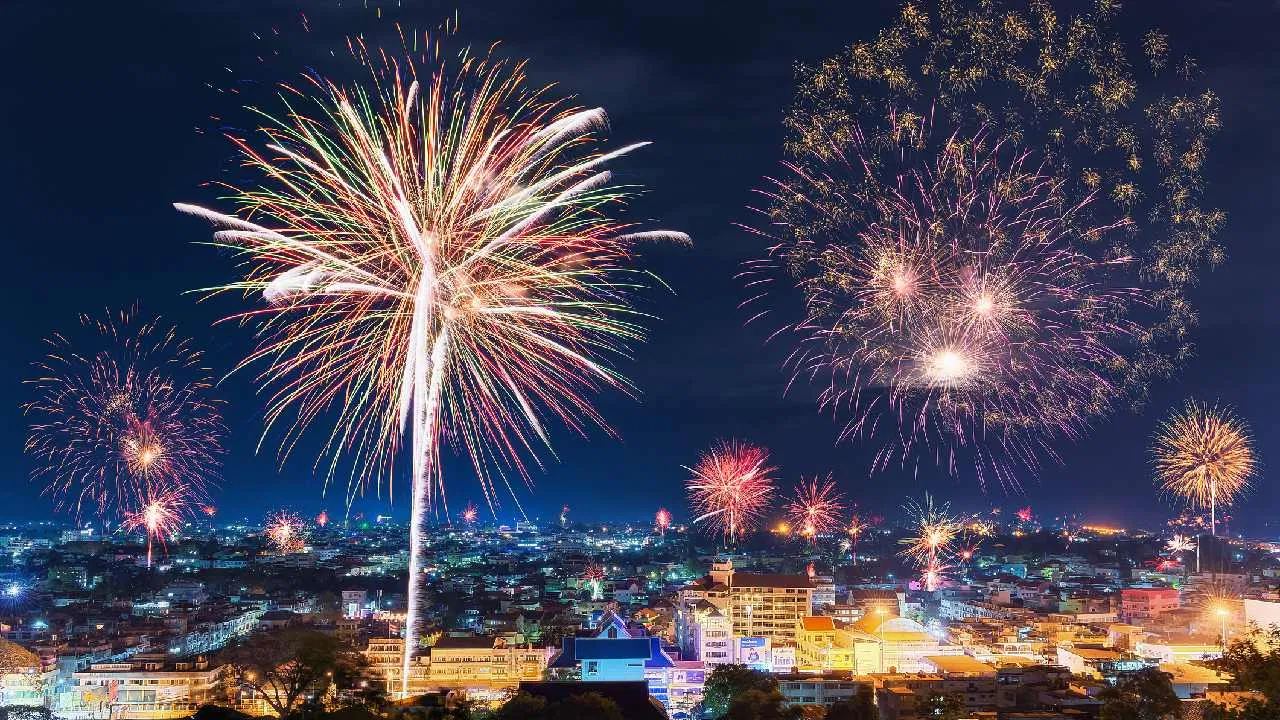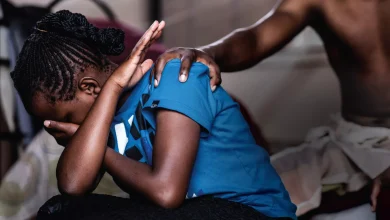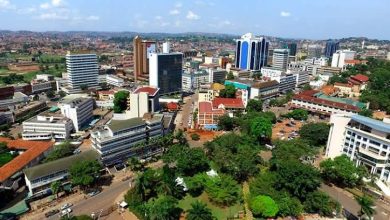2025 Election: Breakthrough for Women

ZANZIBAR: FOR the first time in Zanzibar’s history, women are poised to appear on the presidential ballot. In both the 2015 and 2020 general elections, no female candidates contested the Isles’ highest office. But 2025 is shaping up to be different.
During the three days (August 30, 31 and September 01) of collecting nomination forms at the Zanzibar Electoral Commission (ZEC) offices in Maisara, three women were among the 17 hopefuls who picked up papers to vie for the presidency. They are Ms Laila Rajab Khamis of NCCR-Mageuzi, Ms Isha Salim Hamad of the CCK party and Ms Naima Salum Hamad of the United Democratic Party (UDP).
If cleared by ZEC, their names and photographs will appear on the October ballot, a milestone moment in Zanzibar’s democratic journey. Women’s rights activists have hailed the development as a step forward for gender equality and political inclusion, aligning with Zanzibar’s Vision 2050 and the global Sustainable Development Goals (SDGs).
They argue that women’s representation in decision-making bodies is long overdue. UDP’s Naima Salum Hamad says her candidacy is driven by the desire to champion women, children, and people with special needs.
“I believe women have the strength and ability to shape the future of our nation. My candidacy is not just for myself it is for the many voices that have long been left unheard,” she said.
Her decision, along with those of her fellow aspirants, signals a major shift in the political landscape. In the last election of 2020, no woman was endorsed to contest the presidency.
Beyond the top seat, political parties have also nominated more women to run for the House of Representatives and councillorship positions. For many observers, this year’s election is being described as a watershed moment for women in politics, evidence of both grassroots empowerment and changing societal attitudes in Zanzibar.
A turning point for Women in Leadership
Observers say that the increasing number of women contesting leadership positions is no coincidence. It reflects years of advocacy, training, and education programs aimed at empowering women to overcome long-standing social and cultural barriers. The Forum for African Women Educationalists Zanzibar (FAWE-ZNZ) has been one of the key actors.
Through its Joint Programme on Rural Women’s Economic Empowerment (JP RWEE), the institution has trained rural women in leadership skills, gender rights, and civic participation. According to FAWE-ZNZ Assistant Project Officer Maryam Juma Othman, these interventions have had a transformative impact.
“Through the trainings, women have gained the confidence to step forward as candidates for community and political leadership positions. We are seeing more women than ever before seeking roles such as councillors, members of Shehia councils, and representatives in development committees,” she said.
ALSO READ: Front-of-Pack Labelling: citizens’ voices in the fight against NCDS
Ms Maryam emphasised that the initiative has shifted mindsets in communities, helping both men and women to recognise that leadership is not a male monopoly.
“These achievements demonstrate the importance of empowering women at the grassroots level,” she said.
Breaking barriers and changing mindsets In
Zanzibar’s deeply rooted cultural context, women were often discouraged from entering politics, facing stigma, lack of support, and fear of rejection.
But that reality is now shifting. Legal aid assistants working in rural Shehias say women are becoming more aware of their rights and are actively asserting their place in decision-making processes.
Ms Maryam Suleiman Ussi, a legal aid assistant from Kitogani, said: “Through civic education and outreach, we have been able to reach many women with training on citizenship and leadership. This has increased women’s confidence to participate in community decision-making and even to contest elections.” Another legal aid worker, Ms Bihindi Juma Ramadhani from Kizimkazi Shehia, explained that part of his work is to encourage women to vie for leadership positions.
“By providing advice on social, economic, and political matters, we help women see that their voices matter in shaping the future,” he said.
The candidacies of three women for the Zanzibar presidency have also sparked fresh conversations about gender equality in politics.
For some, it is a symbolic breakthrough that challenges stereotypes about leadership. For others, it is a practical step toward more inclusive governance.
“This is a crucial step in strengthening participatory democracy,” said one community activist during a recent public dialogue. Analysts also point to the example of President Samia Suluhu Hassan, the first female President of the United Republic of Tanzania, as a major source of inspiration. Her rise to the highest office in the land has redefined what is possible for women in politics.
“President Samia’s leadership is living proof of women’s success in politics,” said trainer Ms Khadija Juma Ali, who facilitates community discussions on leadership. “Her example has motivated women across Zanzibar to step forward and aspire to leadership. We must continue this momentum until we achieve the 50/50 goal of gender equality.”
Aligning with Vision 2050 and the Global Agenda
Zanzibar’s long-term development blueprint, Vision 2050, explicitly priorities gender equality and the active participation of women in economic, social, and political spheres. Officials argue that empowering women is not just about fairness, but also about driving sustainable national progress.
At the global level, the United Nations Sustainable Development Goals (SDGs) call for women’s full and equal participation in leadership (Goal 5). Studies consistently show that societies where women are represented in decision-making bodies tend to achieve stronger outcomes in education, health, and poverty reduction.
“Women’s empowerment is the foundation of sustainable and inclusive development,” said FAWE-ZNZ’s Maryam Othman.
Women finding their voice
Women who have undergone training under the JP RWEE programme testify that they have become more self-aware, confident, and determined to play leadership roles.
“In the past, we used to fear rejection. We thought leadership was only for men. But today, we see ourselves as part of social transformation,” said one participant.
Their stories underline how education, mentorship, and support networks can dismantle barriers that once seemed insurmountable. As the election season intensifies, the presence of women on the ballot, from grassroots council seats to the presidency, signals a new chapter in Zanzibar’s political history.
Their participation is reshaping politics and society, sending a powerful message to young girls that leadership is within their reach. For Ms Naima Salum Hamad and the other women contesting the presidency, the stakes are high, but the symbolism may be just as significant as the votes.
Their candidacies are a testament to courage, determination, and a broader movement for gender equality that continues to gain momentum.
Whether or not they win, their presence has already altered the political landscape, proving that Zanzibar’s women are no longer bystanders but are becoming key architects of the nation’s future.





